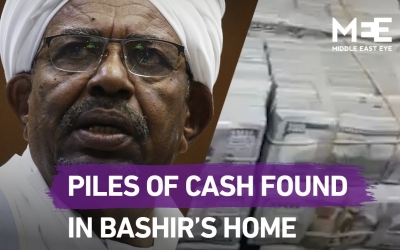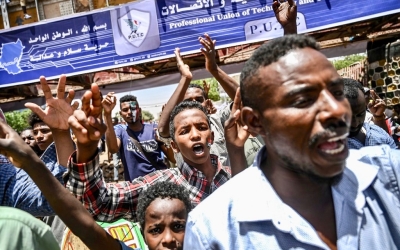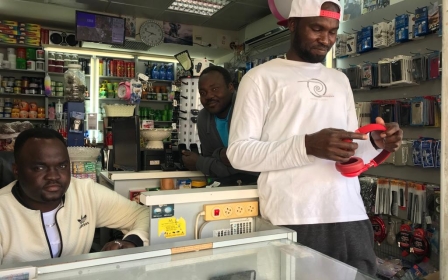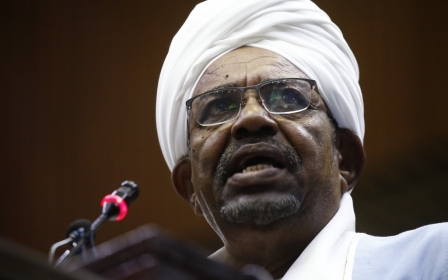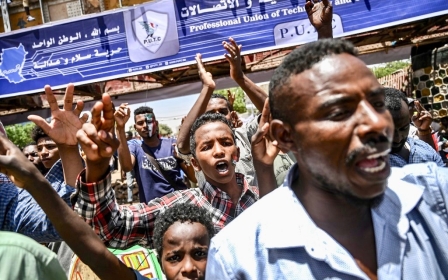African summit gives Sudan's military council three months to implement reforms
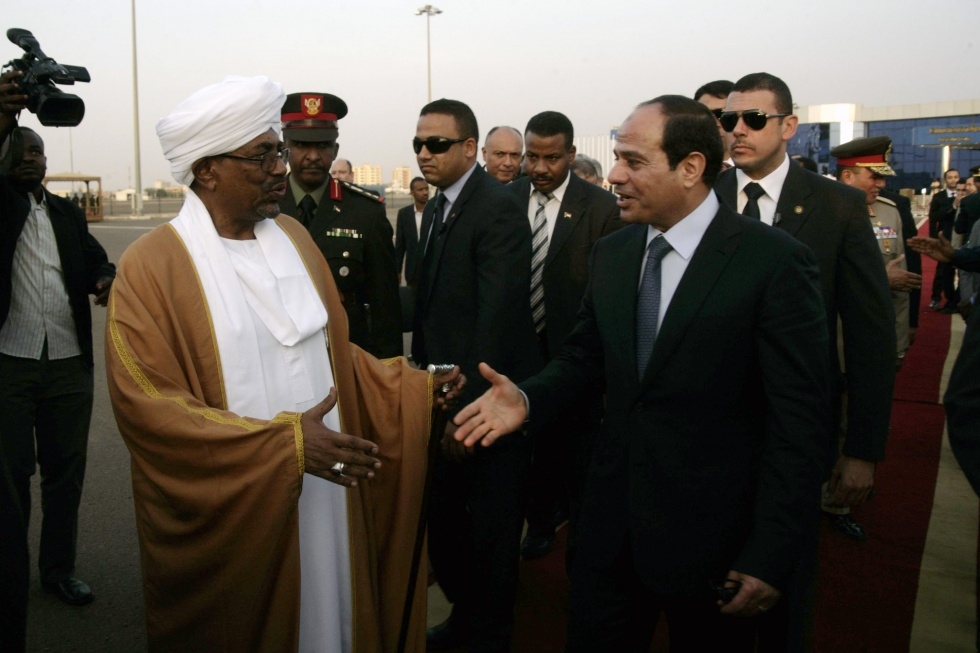
African leaders meeting in Cairo on Tuesday have agreed to give Sudan's ruling military council three months to implement democratic reforms, Egypt said on Tuesday, amid pressure for a quick handover of power to civilians.
The decision extends a 15-day deadline set by the African Union (AU) last week for Sudan's Transitional Military Council (TMC) to hand over power to civilians or to be suspended from the grouping
The TMC took over after President Omar al-Bashir was ousted on 11 April.
The summit, which was attended by several African heads of state, was hosted by Egypt President Abdel Fattah el-Sisi.
Sisi said that the meeting agreed on the need to deal with the situation in Sudan by working to "quickly restore the constitutional system through a political democratic process led and managed by the Sudanese themselves".
Sisi, who currently holds the rotating AU presidency, said that the AU Commission Chairman Moussa Faki Mahamat had briefed the meeting on his recent talks in Khartoum.
"We agreed on the need to give more time to Sudanese authorities and Sudanese parties to implement these measures," Sisi told the meeting.
Egypt Presidency Spokesman Bassam Rady said that the period was extended to three months, according to state news agency MENA.
Egyptians voted from Saturday to Monday on whether to potentially extend Sisi's rule until 2030 by approving a constitutional amendment that would increase the number of terms he can serve.
Letter from TMC head
Mahamat visited Sudan for talks with the TMC ahead of his trip to Cairo for the meeting.
Last week, he met TMC member Jalal al-Deen al-Sheikh in Addis Ababa, who had delivered a letter from TMC head Lieutenant General Abdel-Fattah al-Burhan addressing the situation in Sudan, Sudan's state news agency SUNA said.
A Sudanese and a Western diplomat head had earlier said that the TMC wanted a period of three to six months to continue its discussions with protesters and opposition groups to hammer out an agreement on how to run the transitional period.
Sudan's TMC is under pressure from protesters to immediately hand over power to a civilian administration.
The TMC says it wants to oversee a transitional period of up to two years but is willing to work with a civilian government comprised of technocrats.
Symbolic show of support
On Tuesday, protesters from the birthplace of the uprising that toppled Bashir were converging on Khartoum, activists said, to pressure the TMC into relinquishing power.
The residents from Atbara, the city where the protests started on 19 December, were travelling to the capital by train in a highly symbolic show of support for demonstrators camped at a sit-in outside the defence ministry compound.
The sit-in began on 6 April, five days before the military announced Bashir's ousting.
It has continued as protesters push for a swift handover to civilian rule, and the number of demonstrators has swelled in recent days.
Protests in Sudan were sparked by an attempt to raise bread prices amid a deepening economic crisis, quickly turning against Bashir's 30-year rule and spreading to major cities.
Atbara, located about 290km northeast of the capital, is a railway hub with a large railworker population and has historically been known to be the hotbed of opposition unions and unrest.
The TMC warned on Monday against people blocking roads and limiting the movement of citizens, signalling a possible move against thousands of protesters taking part in the Khartoum sit-in.
The TMC and the opposition have continued to trade threats since Sunday.
Middle East Eye delivers independent and unrivalled coverage and analysis of the Middle East, North Africa and beyond. To learn more about republishing this content and the associated fees, please fill out this form. More about MEE can be found here.


